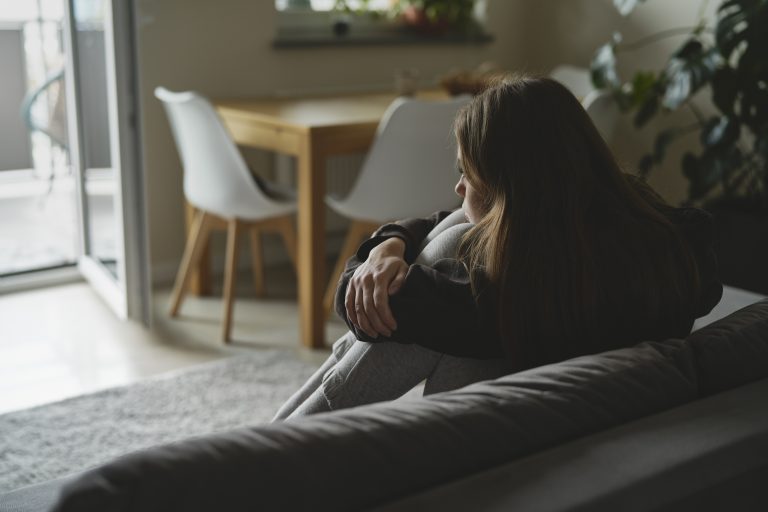Feeling sad is normal part of life. When dealing with troubling events or experiencing overwhelming emotions, sadness is a natural part of coping, acceptance, and healing. When that sadness begins to keep us from our daily tasks and hold us back from enjoying life though, we may be dealing with depression instead.
Depression comes in many different forms. Seasonal or temporary depression can be caused by circumstances or specific events. Chronic depression can become a condition without an inciting incident. Most depression though can be described as a persistent feeling of sadness paired with a loss of interest. This overwhelming hopelessness or loneliness can prevent a person from wanting to do daily activities, reach out to family and friends, or even keep themselves healthy over time.
Developing Healthy Habits Against Depression
Consistent therapy and prescribed medication are often the only effective therapy options for depression. Depression is classified as a mood disorder, and usually requires consistent treatment, this doesn’t mean that there are no steps you can take to help fight off any progress in depression symptoms. In fact, there are several things you can do to support your mental health, and foster a sense of joy in your life before a depression onset.
It is important to acknowledge that any lifestyle changes should be discussed with your therapist. Some of the changes that people can make to help reduce depression
- Eating Healthy – It’s important to make sure that the food you are consuming is benefiting your mind as well as your body. Snacks such as avocado, or different mixed nuts can be great for developing a healthy mental state as they interact with our brain chemistry in a positive way. This goes for fish as well.
- Keep Up Your Daily Routines – It’s important to continue to brush your every day, take showers often, and change into new clothes when depression is active in your life. These may sound like basics, but the basics are what we need to make sure we’re keeping up when everything else feels difficult to accomplish.
- Stay Active – Working out is also a fantastic way to release more endorphins into our brains, which act as natural anti-depressants. It only takes a short 30 minute workout a few times a week, but you’ll be able to feel those effects quite quickly.
- Get a Good Night’s Sleep – This is one of the biggest challenges with depression. When you’re depressed, getting a good night’s sleep can become almost impossible, and when you don’t get a good night’s sleep, it’s much harder to fight off depression. Being able to put together a sleep schedule that is both healthy and practical is an important step in developing mental wellness.
- Reach Out to Those Around You – It can be far too easy to isolate yourself when you’re facing depression. Answering the phone, responding to messages, or even just talking to those around you can feel exhausting. But don’t let yourself feel alone, make sure there is a support network of people you trust at the ready if you need them.
If you’re worried that depression is beginning to overtake your life, do not let it go untreated. Reach out to a therapist for professional help, and get the support you need to move forward.

